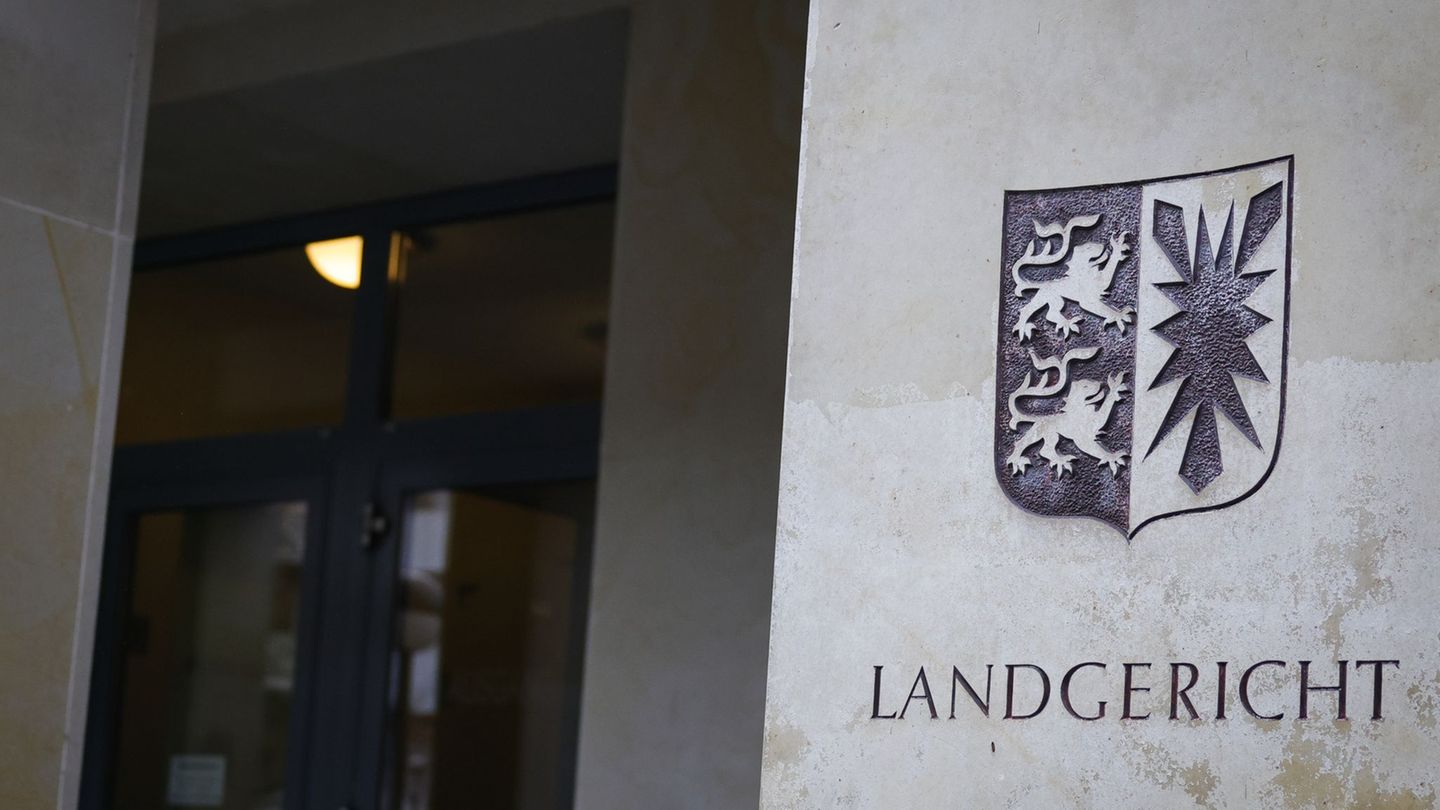In the sector of energy generation from fuels of plant origin They await the return of talks between the Executive Branch and the legislature to resume the debate about the future of a business that undoubtedly needs a new regulatory framework to take advantage of its productive potential.
Those who insist in this sense are the businessmen linked to the biodiesel since they consider that the current scheme is “discriminatory, prebendary and discretionary” and that “the opportunity to offer biodiesel of better quality and at the best possible price for all Argentines should not be lost.”
The thing is that biodiesel is part of the diesel that millions of consumers load into their tanks every day and a virtuous intervention in the marketing scheme and in the cutting formulas could have a positive impact that reduces, for example, logistics costs. Even more so if progress is made with a higher percentage of cuts in fossil fuels, as is happening in Brazil.
From the Argentine Chamber of Biofuels (CARBIO) they assure that “Argentina has the most efficient biodiesel plants in the world but they can only export, they cannot sell to the domestic market. “This forces local consumers to buy at a high price from plants that have less efficiency.”
It seems that – once again – in Argentina the reverse logic triumphs and as expected, this does not happen anywhere else in the world. The fact is that the price of the fuels that reach our vehicles is made up of raw materials of fossil and vegetable origin. In this case, we deprive local consumers of a fuel that is not only environmentally friendly but could also be cheaper if the most efficient companies were allowed to compete in the domestic market.
To draw a parallel, we should ask ourselves what would happen if someone thought that the most efficient companies in manufacturing a car could not sell to the domestic market and should only export. And local consumers are forced to buy, at very high prices, cars They are not cutting edge technology. That is exactly what is happening today with the biofuels market, more specifically in the case of biodiesel. This topic, which seems extremely logical, It was not raised in the omnibus law as it had been generally approved.
Perhaps because, based on the original text, it had to yield repeatedly during the debate to certain pressures, probably more related to territorial issues and little interested in the common good. With the latest modifications, the Government’s original idea was completely blurred, which consisted of opening the market and deregulating it so that everyone could compete on equal terms, without questioning, but that did not happen.
Once the legislative chapter was concluded, it was necessary to go back to resume Law 26,093, which has regulated the field of biofuels since 2007, with modifications in 2023. The original law required the incorporation of biofuels at 10% for diesel and 12% for gasoline that are sold on the market.
One of the problems raised in the recent discussion was based on the fact that the grouped companies of the Chamber of Regional SME Companies Elaborating Biofuels (CEPREB) did not want modifications in the aforementioned law because it allowed them to enjoy important tax benefits for the construction of new plants “as long as they are SMEs.” Of course – despite being in the same business – they have different interests than those that large companies such as Cargill, COFCO, Molinos, Renova, Explora, Unitec BIO, among others, may present. The thing is that among the “SMEs” the development of the business is done with the assistance of the state and plants are built under the umbrella of “small business” that also receive a market share quota directly assigned from the Ministry of Energy. That is why different sources consulted by Ámbito assure that “SMEs” are actually large, fragmented companies in the hands of strong (and few) businessmen with access to the legislative power.
But that is not all. When the state distributes the sales quota, which is actually a purchase obligation to the oil companies, it does so taking as a reference the performance of the least efficient, that is, under the premise of “respecting” the smallest, the more productive.
The process generates some inequities that were not raised in the recent legislative discussion. We are talking about a key area for the economy, not only because of what hydrocarbons represent as a specific sector, but also because of the impact that these types of decisions have on the economy in a country in which almost everything depends on the routes and the price. of fuels impacts inflation rates.
Source: Ambito




